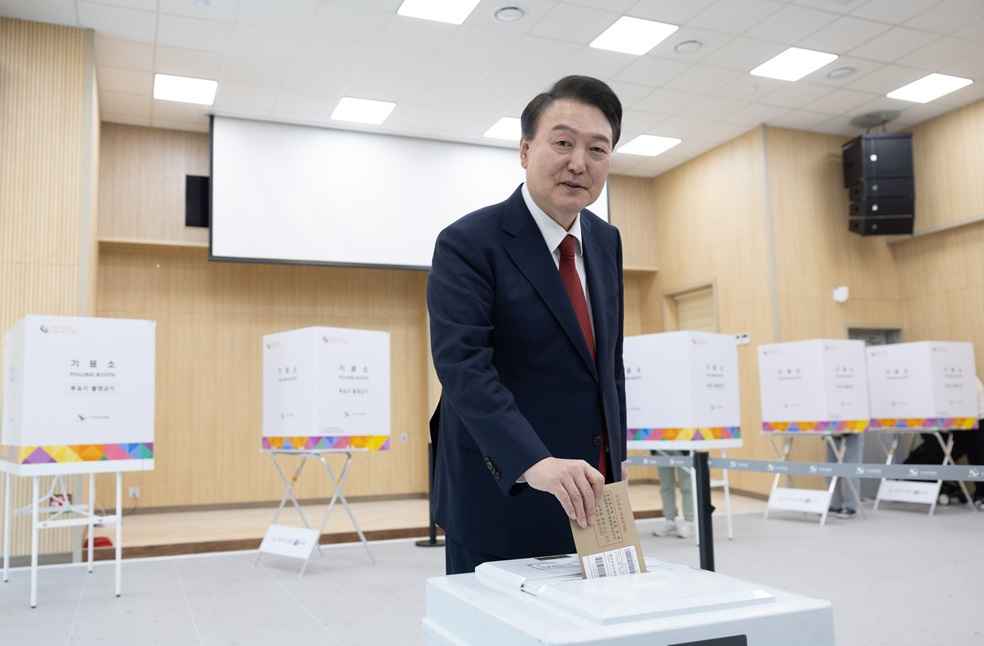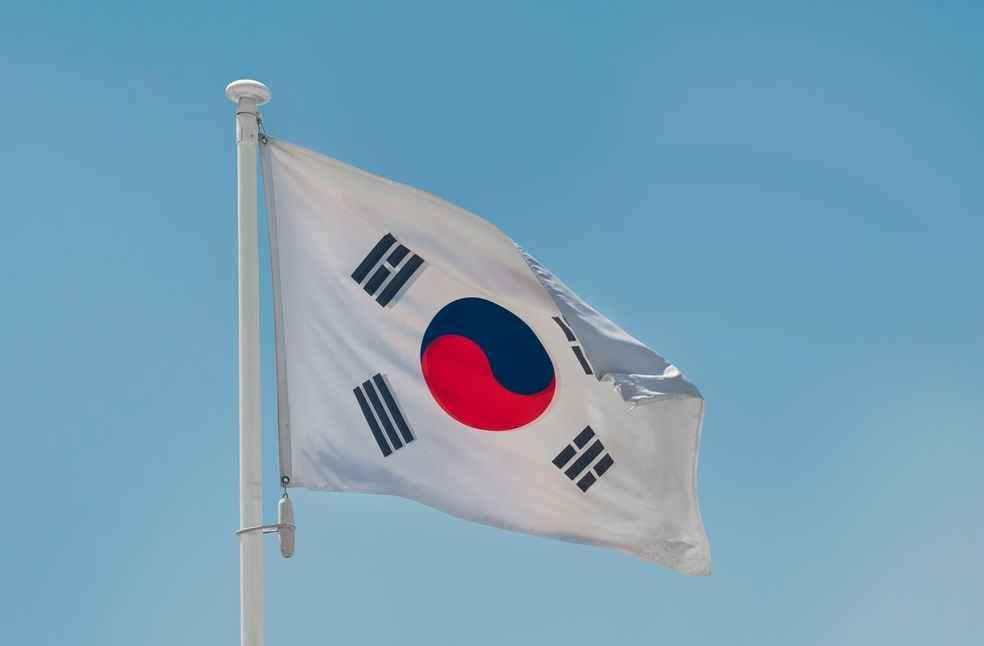Seoul: The vote-counting process for the parliamentary elections is currently underway in South Korea. The results of this election are highly anticipated, as it is widely considered to be a midterm referendum on the current government of President Yoon Suk Yeol.
The People Power Party (PPP) of Yoon faced challenges in implementing its agenda due to the opposition Democratic Party (DPK) overpowering the legislature. President Yoon Suk Yeol still holds three more years left in office.
The South Korean leader is currently facing mounting pressure to address several issues including rising food prices, an ageing population, and an ongoing doctor’s strike. Exit polls indicate that the opponent will win a majority of the 300-seat parliament, however, previous polls were proven unreliable.

President Yoon was recently criticised for being out of touch with voters’ inflation concerns. However, the opposition also faced similar criticism. If the exit votes are verified accurately, and the PPP fails to secure a strong representation, Yoon could quit office without much to show for his time, except for his foreign policy attainments.
Despite the President’s success in building up relations with Japan and the US to counter China and North Korea, South Koreans are likely to vote based on their wallets. The President’s approval rating declining due to political scandals and concerns about the cost of living.

Yoon Suk Yeol faced criticism for remarking that loads of green onions priced at 875 won ($0.65) were ‘reasonable’ during a Seoul grocery store visit, when the item was priced at a discount due to subsidies. This flared protests by farmers and the opposition party also struggled with political disputes and corruption allegations. Voter discontent could lead to smaller parties and a more multi-party legislature.



